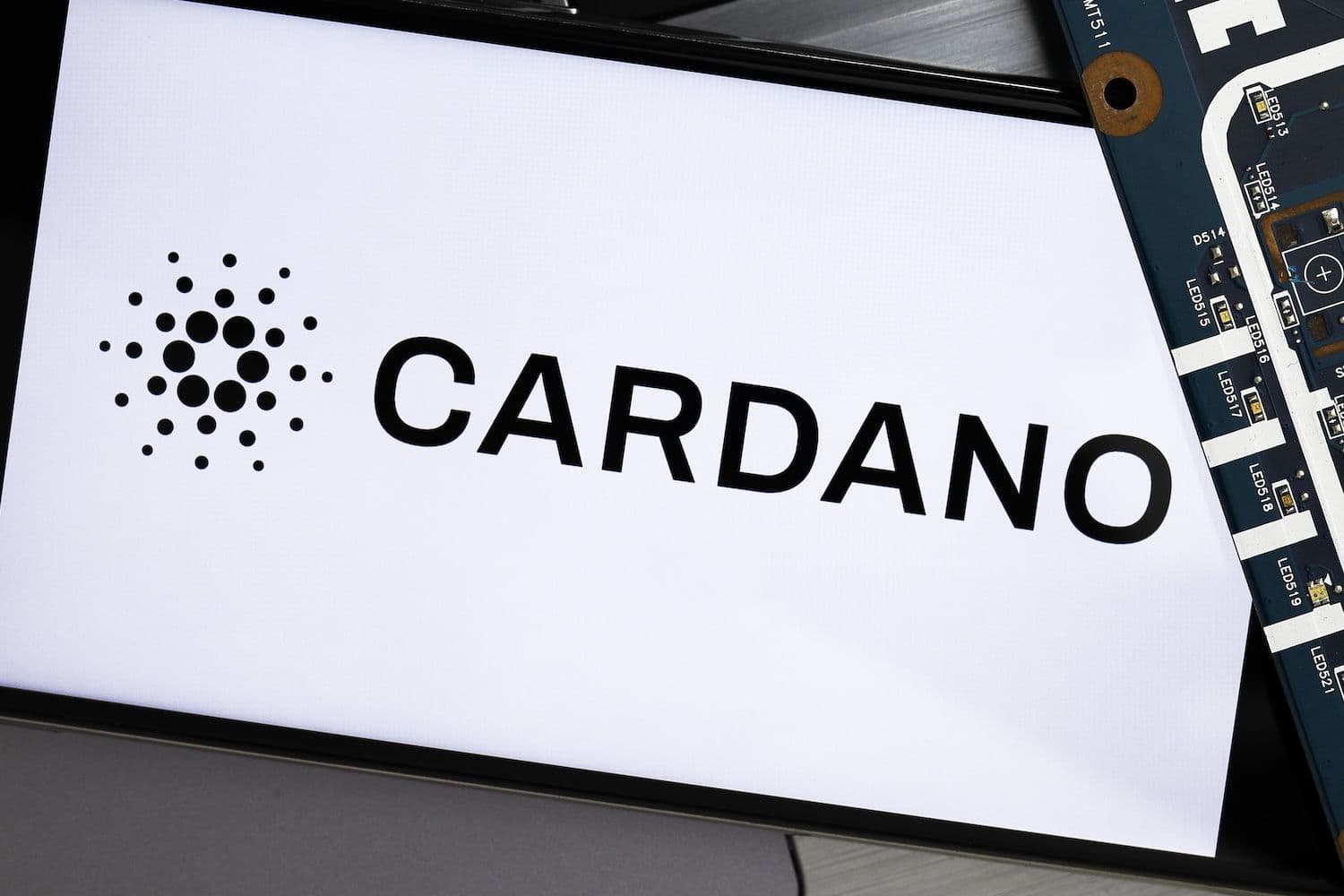
WAITLIST OPEN NOW

SIGN UP
Recent News on Cryptocurrency, Blockchain, and Finance | Yellow.com
Explore the latest Web3 and blockchain developments, cryptocurrencies news, market updates, technology, trading, mining, and trends.
Can XRP Become A Global Reserve Asset? This Expert Thinks So
An analyst argues XRP could become a global reserve settlement layer through sovereign adoption and regulation.
Alexey BondarevMar 03, 2026

VanEck CEO Says Bitcoin Bear Market Nears Bottom
VanEck's CEO argues Bitcoin's four-year halving cycle is the main force behind 2026's bear market.
Alexey BondarevMar 03, 2026
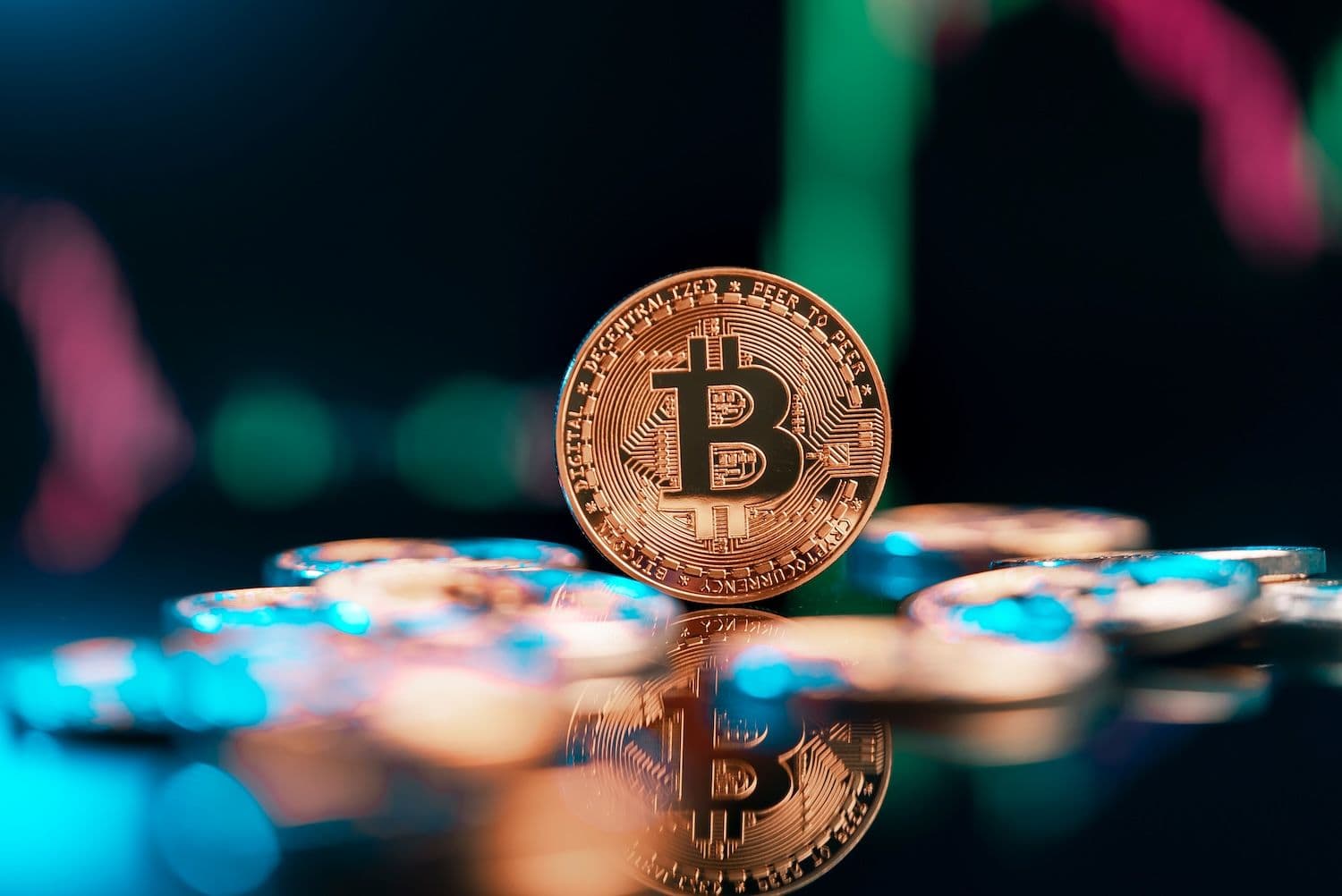
Nasdaq Files SEC Bid To Launch Binary Options, Brings Prediction Markets To Wall Street
Nasdaq filed with the SEC to offer binary options on its flagship index as prediction markets surge globally.
Alexey BondarevMar 03, 2026
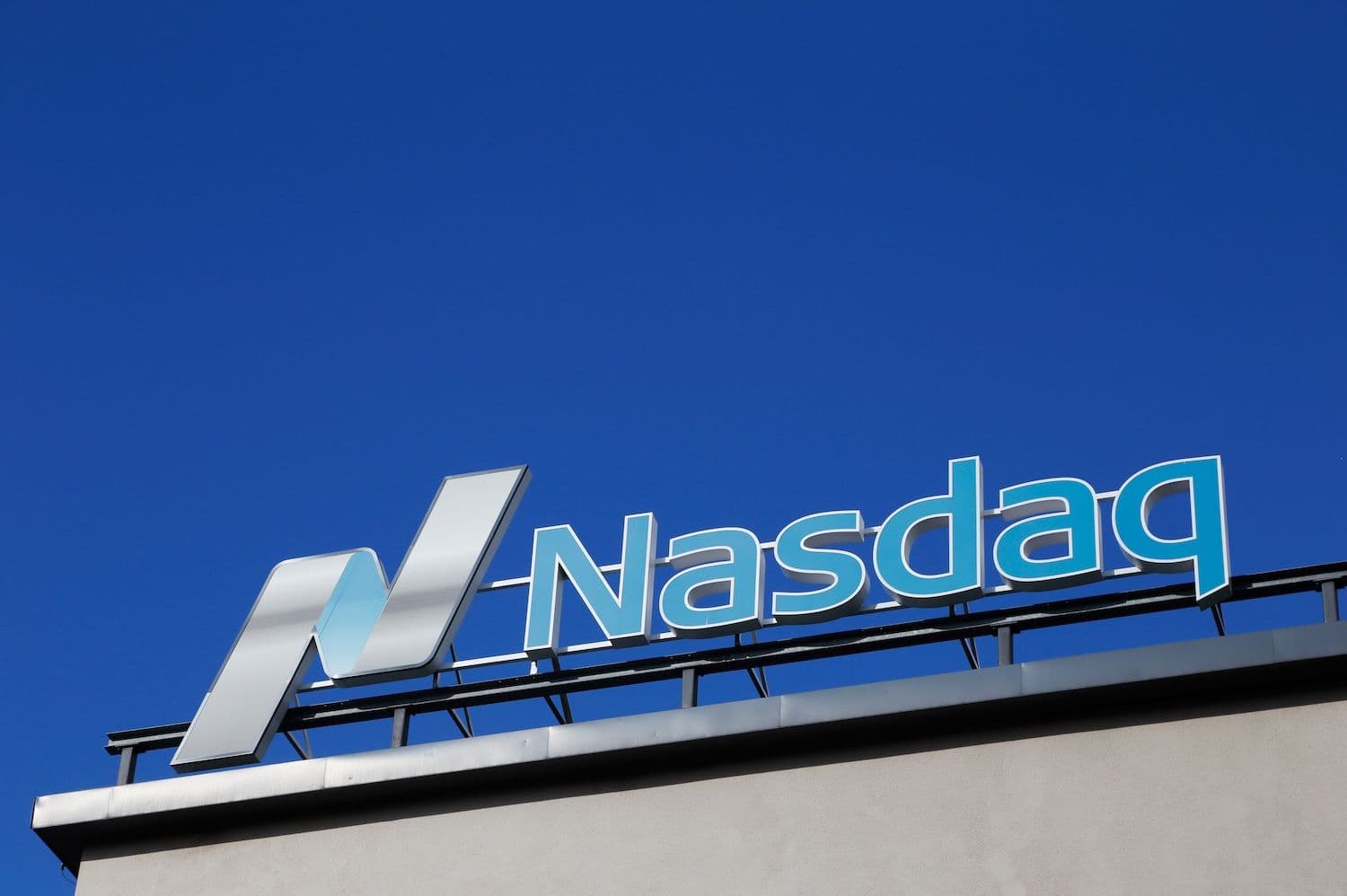
Bitcoin's 7% Surge Defies War Panic, Hits $70K Resistance
Analysts weigh in as Bitcoin rallies 7% to test $70K resistance despite escalating geopolitical tensions.
Alexey BondarevMar 03, 2026

XRP Holds $1.35 As Traders Eye Fresh Breakout
XRP consolidates above $1.35 after rejecting $1.43, with traders watching key resistance at $1.4050 for signs of a breakout toward $1.50.
Alexey BondarevMar 03, 2026

Bitcoin, Ethereum Lead $1B Rebound In Crypto Products
Crypto funds record $1B in inflows, ending a five-week $4B outflow streak led by Bitcoin and Ethereum.
Alexey BondarevMar 03, 2026
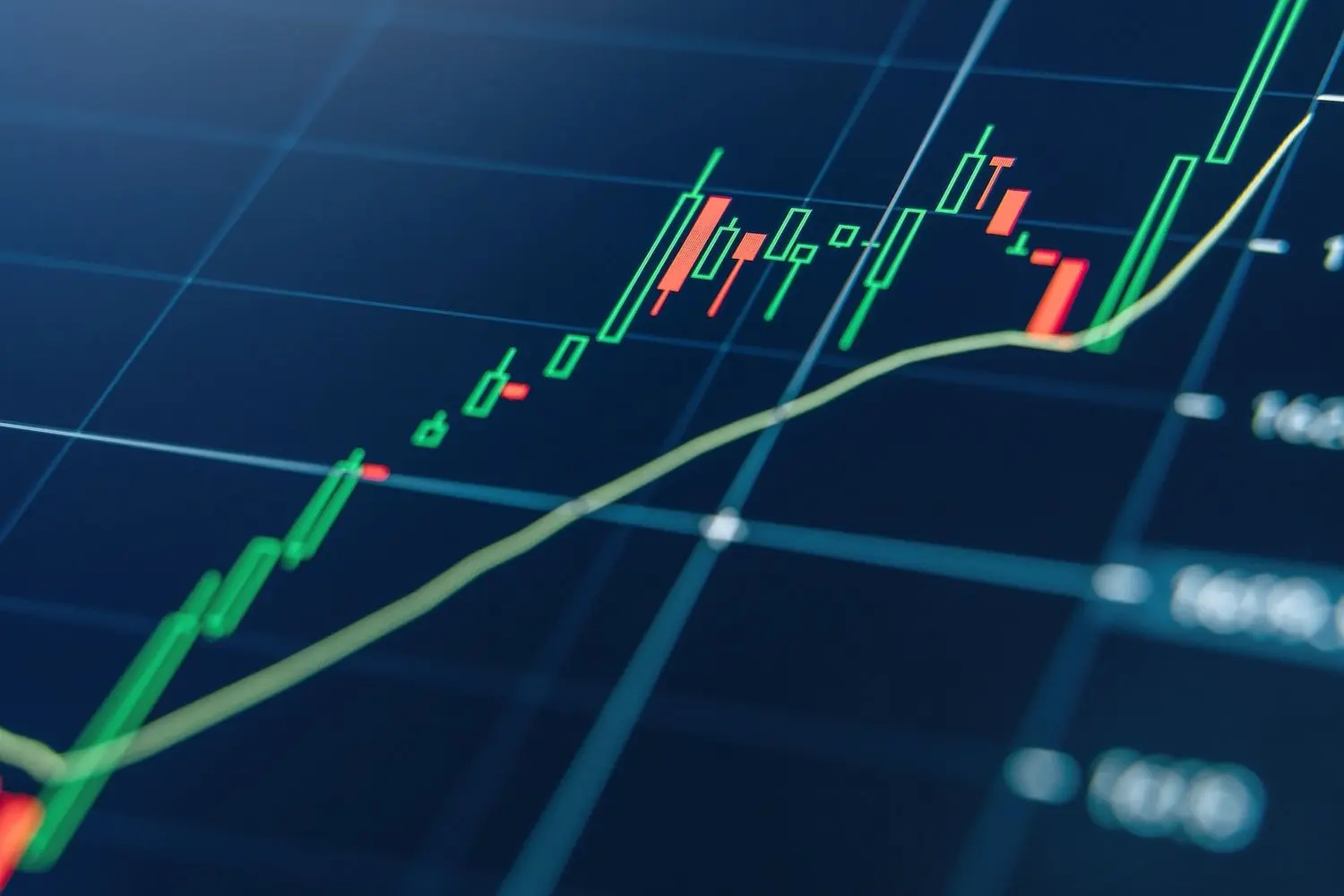
Ethereum Rallies Past $2,040 Resistance, But Can Bulls Hold On?
Ethereum rallied to $2,089 but faces stiff resistance at $2,080 as technical indicators show fading bullish momentum.
Alexey BondarevMar 03, 2026
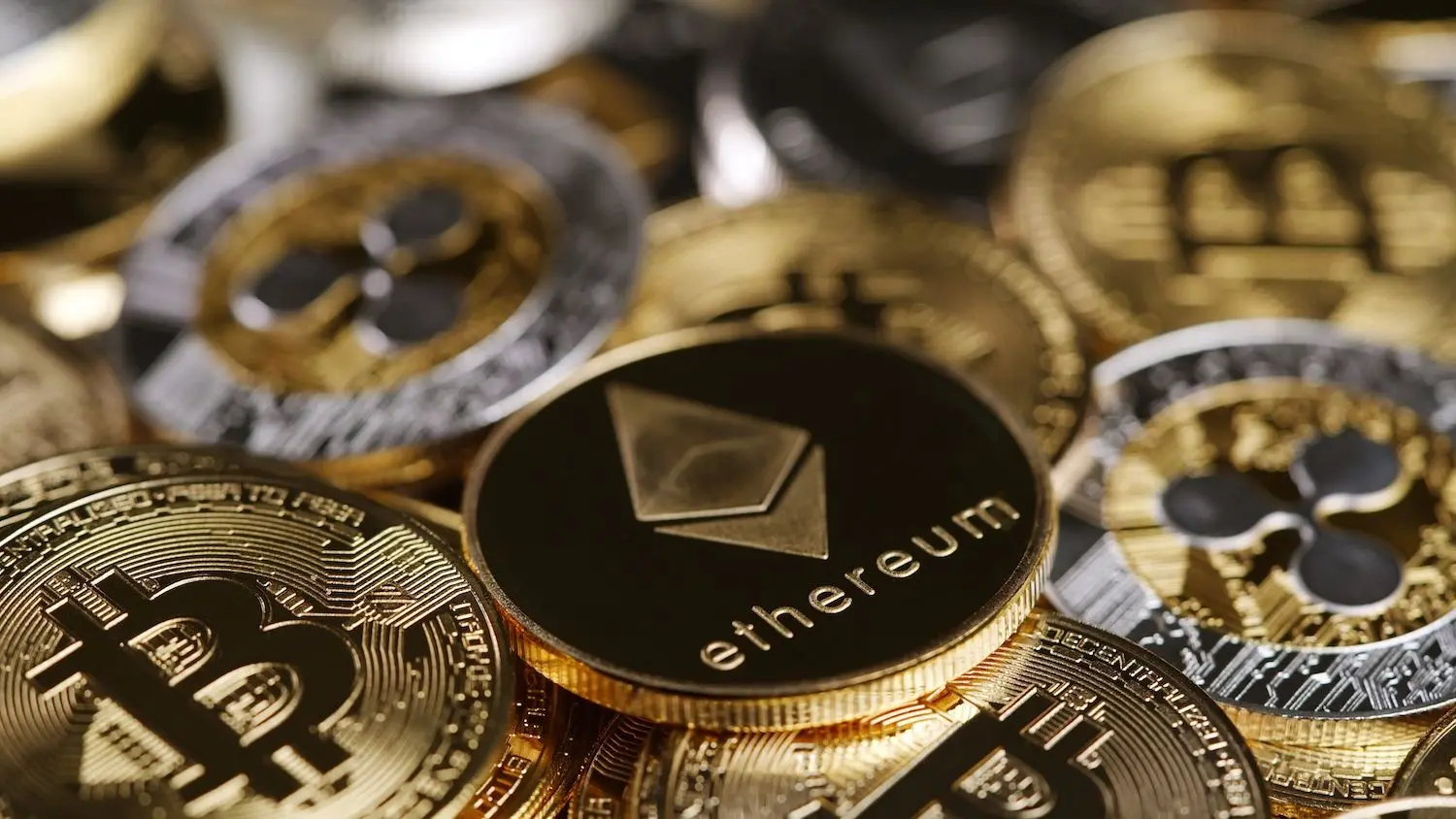
Fold's Balance Sheet Overhaul: $66.3M Debt Gone, 521 BTC Unlocked, Credit Card Next
Fold Holdings retired $66.3M in convertible debt, freed 521 BTC in collateral, and cut 8–10M dilutive shares ahead of its Bitcoin credit card launch.
Kostiantyn TsentsuraMar 02, 2026
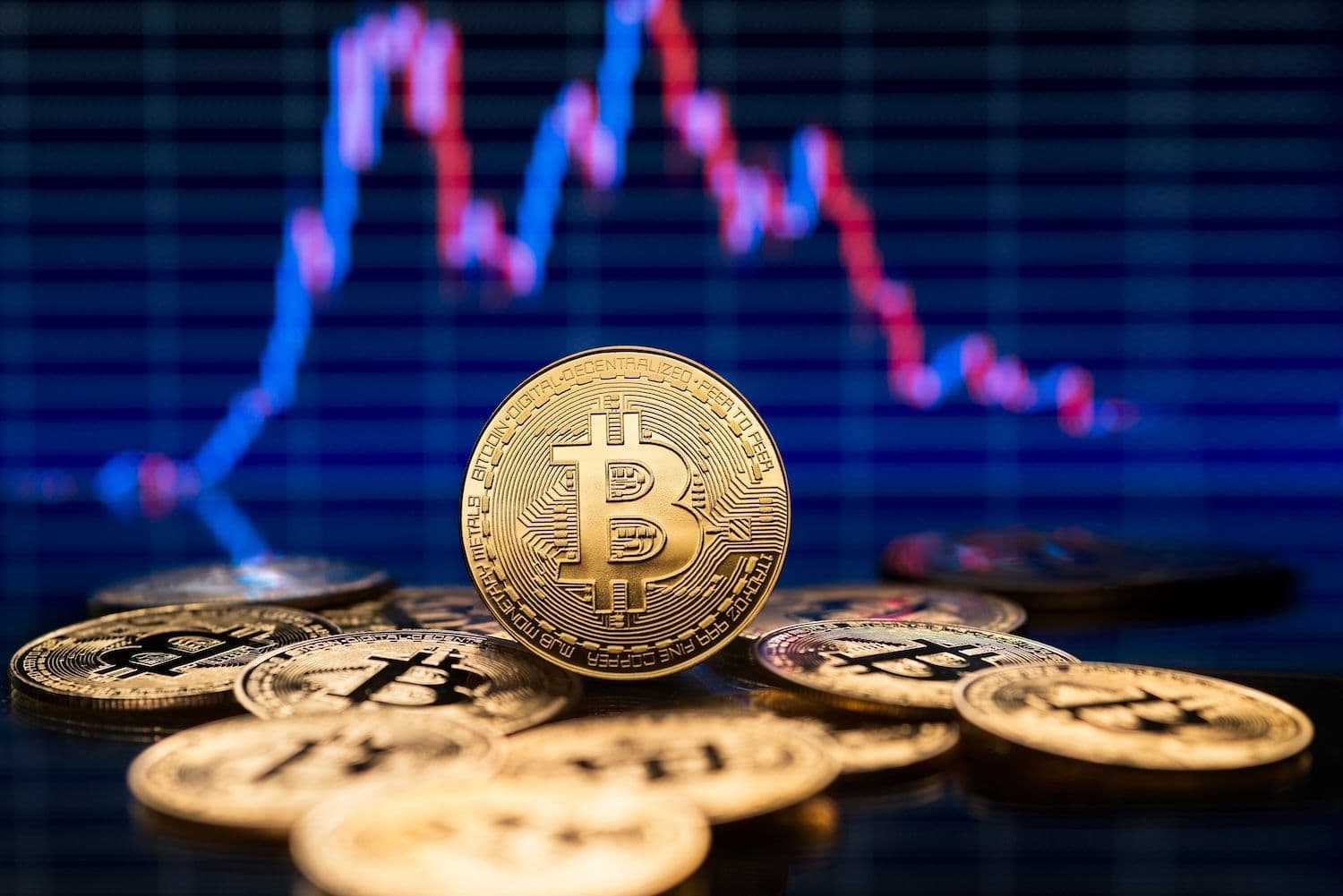
Buterin Lays Out Multi-Stage Plan To Fight Block Builder Centralization And MEV After Glamsterdam
Buterin outlined a post-Glamsterdam plan using FOCIL, encrypted mempools, and network-layer anonymization to fight MEV and block builder centralization.
Kostiantyn TsentsuraMar 02, 2026
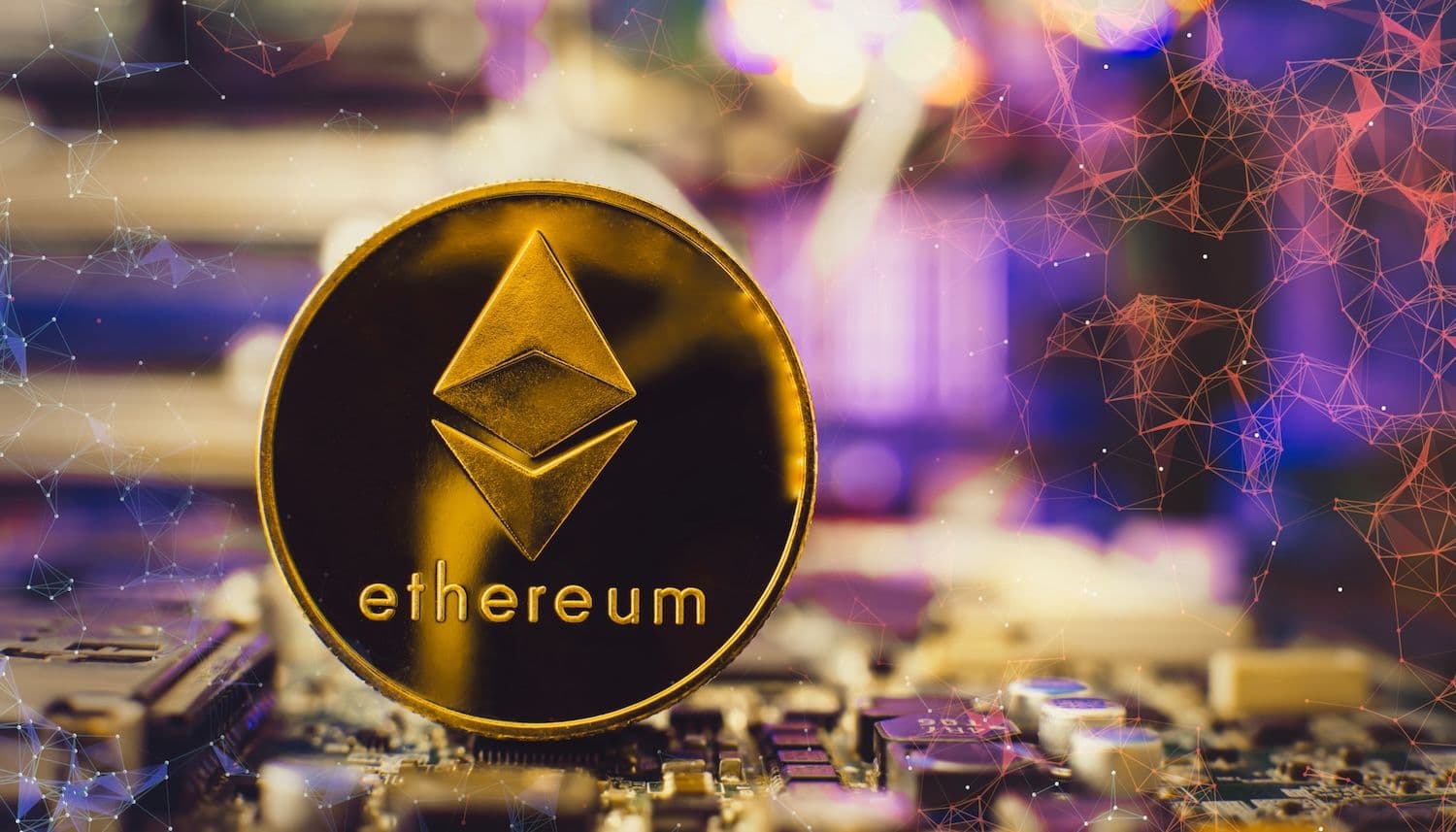
CME Group Says Its Crypto Futures Suite Now Covers 75% Of Total Market Cap After Adding ADA, LINK, And XLM
CME Group's crypto futures suite now covers 75% of market cap after adding ADA, LINK, and XLM. Daily open interest averaged $26.4B in 2025.
Kostiantyn TsentsuraMar 02, 2026
